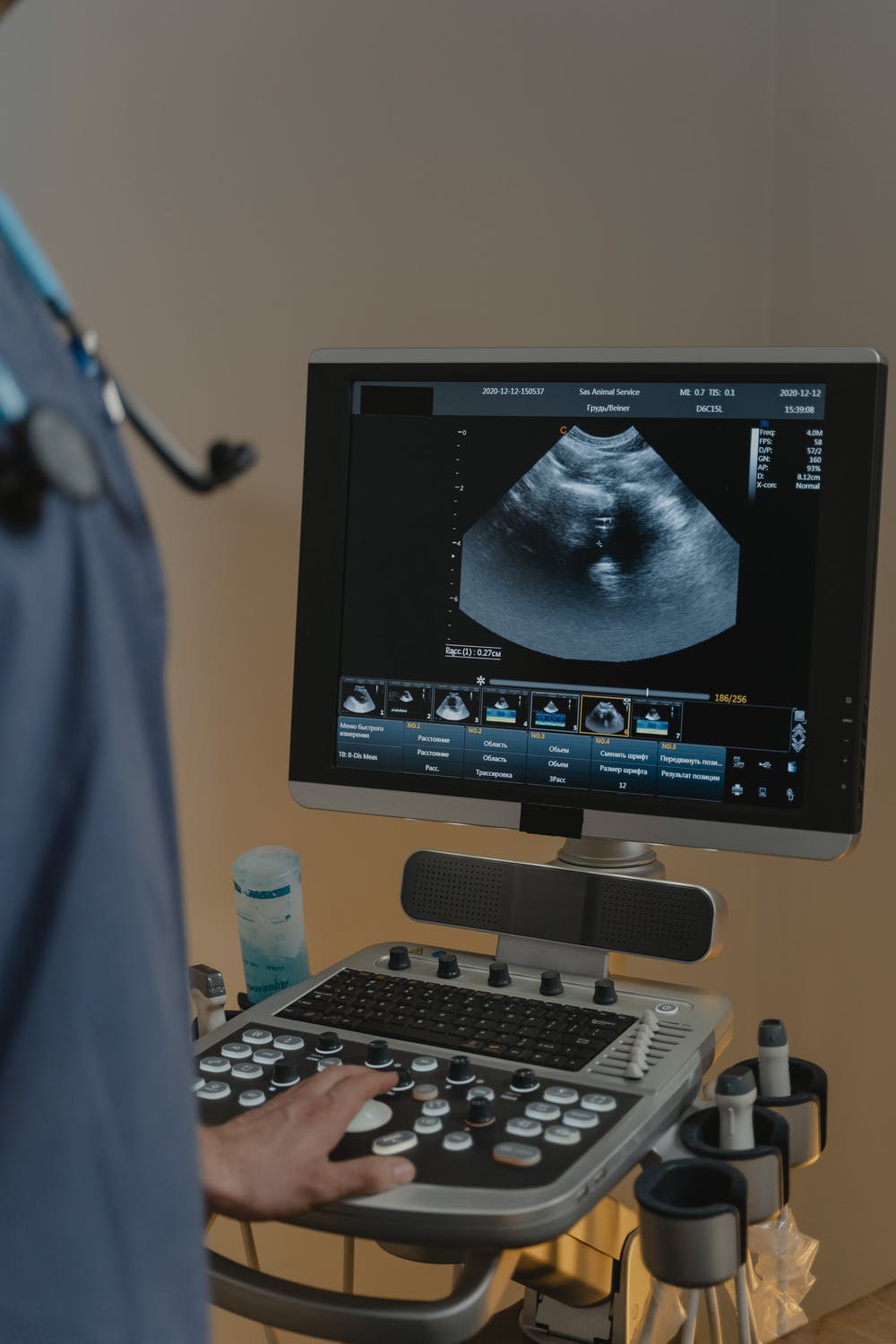Where Do Veterinary Technicians Work At?
Veterinary technicians play an important role in the field of veterinary medicine. Also known simply as vet techs, they perform a variety of tasks under the direction or supervision of a licensed veterinarian. Veterinary technicians may prepare animals for surgery, sterilize medical equipment, collect tissue samples, run laboratory tests, administer medication, perform dental cleanings and more.
According to the U.S. Bureau of Labor Statistics (BLS), the number of job openings for veterinary technicians is expected to grow by 15% from 2020 to 2030. That’s nearly double the average growth rate for all jobs. If you’re thinking about becoming a veterinary technician, though, you may have some questions about this profession. One of the most common questions aspiring veterinary technicians ask involves the workplace. They want to know where veterinary technicians work at. While workplaces can vary, most veterinary technicians work at one of the following types of workplaces.
Private Veterinary Clinics
It shouldn’t come as a surprise to learn that veterinary technicians often work at private veterinary clinics. Private veterinary clinics are traditional veterinary practices. They typically cater to companion animals, such as dogs and cats. If an owner has a sick or injured pet, he or she may take them to a private veterinary clinic.
Private veterinary clinics are typically staffed with a half-dozen or more workers. They have licensed veterinarians, veterinary technicians, veterinary assistants, and in some cases, front desk receptionists. When working at a private veterinary clinic, veterinary technicians will assist a licensed veterinarian in their day-to-day activities. All veterinary technicians are paravetinary workers, meaning they help licensed veterinarians.
Veterinary Hospitals
In addition to private veterinary clinics, veterinary technicians may work at veterinary hospitals. What’s the difference between private veterinary clinics and veterinary hospitals exactly? Veterinary hospitals typically provide more services than private veterinary clinics. They both focus on the diagnosis and treatment — as well as the prevention — of diseases and injuries in animals. Nonetheless, veterinary hospitals offer emergency services and high-tech diagnostics services that may or may not be offered by private veterinary clinics.
Veterinary hospitals are usually open for longer periods than their clinic counterparts as well. Most private veterinary clinics have regular hours, such as 9:00 a.m. to 5:00 p.m. Monday through Friday. In comparison, veterinary hospitals are often open 24 hours a day. They provide emergency services, and because animals can experience medical emergencies at any time of the day, veterinary hospitals must accommodate them by keeping their doors open. Regardless, veterinary hospitals require the professional expertise of veterinary technicians. Veterinary technicians asset licensed veterinarians at these hospitals so that they can treat and diagnose medical conditions in their clients’ animals.

Veterinary Laboratories
Another common type of workplace for veterinary technicians is a veterinary laboratory. Veterinary medicine is a wide-reaching field that encompasses dozens of tasks related to diagnosis and treating medical conditions in animals. While some of these tasks can be performed in private veterinary clinics and hospitals, others must be performed in a veterinary laboratory.
Veterinary laboratories are businesses or organizations that specialize in animal diagnostics. To diagnose a particular disease, a veterinarian may need to have the animal’s tissue analyzed. Private veterinary clinics, as well as hospitals, may lack the necessary equipment to perform these diagnostics services. They may still be able to collect a tissue sample, but private veterinary clinics may require the services of a veterinary laboratory to perform the actual analysis of the tissue sample.
Veterinary Schools and Colleges
Finally, some veterinary technicians work at veterinary schools and colleges. To become a veterinary technician, of course, you’ll have to complete a program at a veterinary school or college. Requirements vary from state to state. Most states, however, require veterinary technicians to complete a two-year associate’s degree in veterinary technology, followed by passing the Veterinary Technician National Exam (VTNE).
But it’s not uncommon for veterinary technicians to work at these same schools and colleges. When working at a veterinary school or college, a veterinary technician will teach students about this profession. As instructors, veterinary technicians who work at schools and colleges typically have many years of experience under their belt. They’ve already worked at veterinary practices or hospitals, and they’ve already learned the ropes of this profession. With their experience, they are able to teach students how to succeed as veterinary technicians.
In Conclusion
After becoming a veterinary technician, you’ll need to decide where you want to work. There are several different types of workplaces for veterinary technicians, some of which include private veterinary clinics, veterinary hospitals, veterinary laboratories and veterinary schools and colleges. Most veterinary technicians typically start by working at a private veterinary clinic. After gaining a few years of experience, they may transition to a veterinary hospital or laboratory. Some veterinary technicians may then pursue a job working as an instructor at a veterinary school or college. Hopefully, this gives you a better idea about where veterinary technicians work at.

